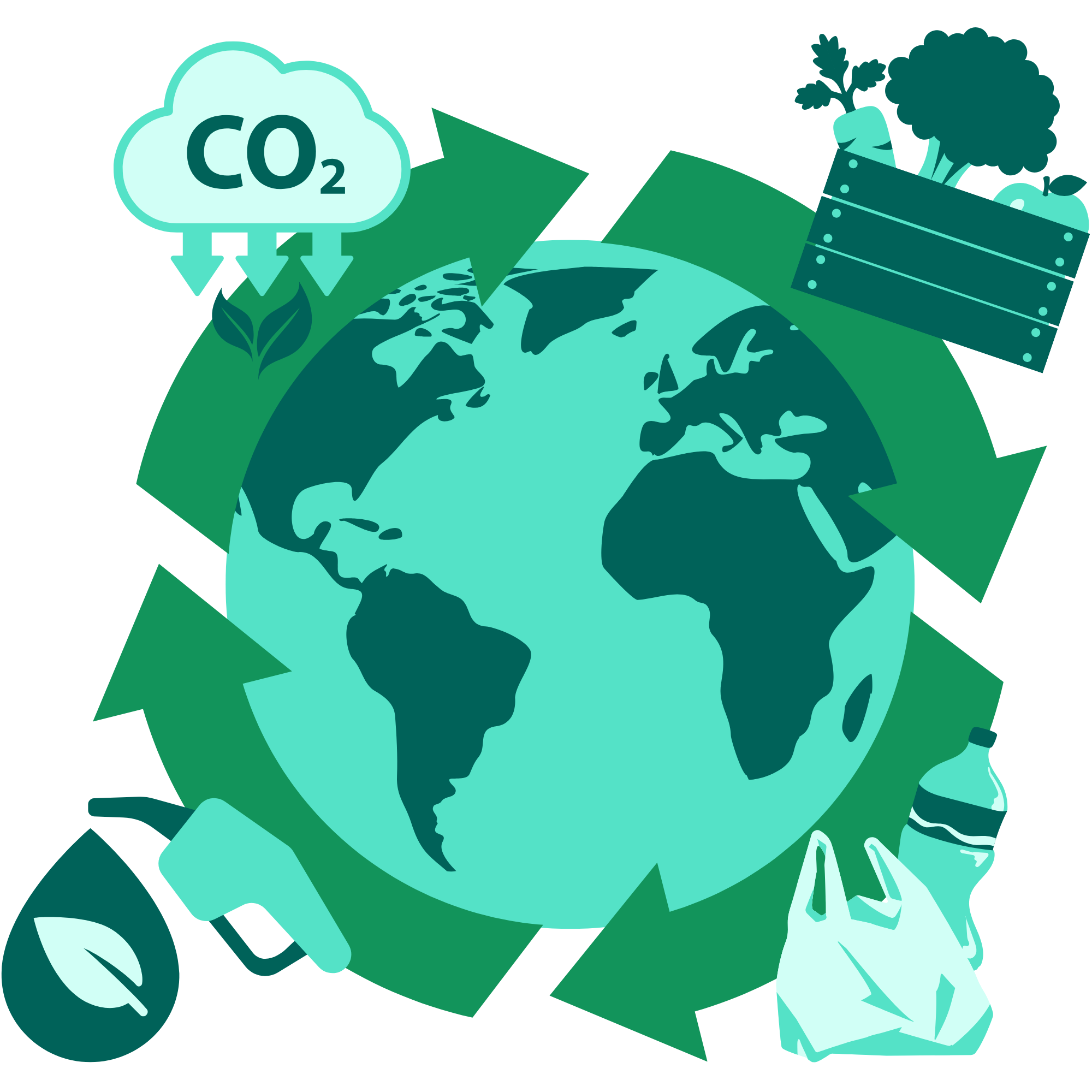
iSEE Congress 2025:
A Circular Bioeconomy
as a Path to Net-Zero
September 25-26, 2025
Illini Union, Urbana, IL
University of Illinois Urbana-Champaign
#iSEECongress2025
About the Congress
Organizers
Conference Agenda
THURSDAY SEPTEMBER 25 (DAY 1):
1122 NCSA (1205 W Clark St, Urbana, IL)
5:00 p.m. — Welcome and Introduction to the iSEE Congress
5:05 p.m. — Jupiter String Quartet performance of To Unpathed Waters, Undreamed Shores by Michi Wiancko
5:40 p.m. — Keynote Address and Q&A
Korneel Rabaey, Department of Biotechnology, Ghent University
7:00 p.m. — Dinner (by invitation)
FRIDAY SEPTEMBER 26 (DAY 2):
Illini Union Rooms B & C (1401 W Green St, Urbana, IL)
8:00 a.m. — Welcome and Opening Remarks
Madhu Khanna, iSEE Director
Luis F. Rodríguez, iSEE Associate Director for Education & Outreach
8:20 a.m. — Panel 1: Zero Waste Food Systems as a Mechanism to Reduce Greenhouse Gas Emissions
Focus Statement: Capturing and processing or eliminating organic waste streams has the potential to reduce greenhouse gas emissions by avoiding the degradation of materials in the environment. Further, it avoids wasteful use of resources via production and loss.
Moderator: Chloe Wardropper, Natural Resources & Environmental Sciences, University of Illinois Urbana Champaign
Panelists:
- Yong-Su Jin, Food Science & Human Nutrition, University of Illinois Urbana-Champaign, “Precision Fermentation for the Economic and Sustainable Production of Food Ingredients”
- Brian Roe, Agricultural, Environmental, and Development Economics, The Ohio State University, “Mitigating Consumer Food Waste”
- Gal Hochman, Agricultural and Consumer Economics, University of Illinois Urbana-Champaign, “An Economic Perspective of the Circular Bioeconomy in the Food and Agricultural Sector”
- Ning Ai, Urban Planning and Policy, University of Illinois Chicago, “Planning for Urban Food Recovery: Systemic Trade-Offs in Zero-Waste and Emissions Goals”
10:00 a.m. — Panel 2: Decarbonizing Energy Systems: Technology and Policy Pathways
Focus Statement: Extraction, processing, distribution, and use of fossil fuels has left a massive carbon footprint upon our environment. Shifting our feedstocks, practices, and uses can change this paradigm for the benefit of our society and environment.
Moderator: Gal Hochman – Agricultural and Consumer Economics, University of Illinois Urbana-Champaign
Panelists:
- David Zilberman, Agricultural and Resource Economics, UC Berkeley, “The Economics of Biofuels: From Cropland to Jet Fuel—and Beyond Energy Complementarity”
- Andrew Leakey, Plant Biology, University of Illinois Urbana-Champaign, “Breakthrough Biotechnology and Sustainability Science for the Bioeconomy”
- Vijay Singh, Agricultural and Biological Engineering, University of Illinois Urbana-Champaign, “Catalyzing the Development of Innovative Bioprocessing Technology”
- Alyssa Norris, Director of Sustainability, Aether Fuels
11:45 a.m. — Buffet Lunch with 2nd Keynote Speaker and Q&A
Introduction to the Levenick Center & 2nd Keynote Speaker by Jeremy Guest, Levenick Professor & Director, University of Illinois Urbana-Champaign
Jim Lane, Editor & Publisher, The Daily Digest and The Circular
1:15 p.m. — Panel 3: Envisioning a Circular Economy in Plastics: Transitioning from Fossil-based Feedstocks to Alternative Bioresources
Focus Statement: The ubiquitous nature of plastics in today’s economy and their persistence throughout our environments makes them a target for reduction and removal. How do current policies and practices shape environmental and social externalities linked to today’s fossil fuel-based plastics? Can alternative bioresources, biomaterials, and biochemicals play in reducing reliance on oil and creating a more circular plastic economy?
Moderator: Andrew Leakey, Plant Biology, University of Illinois Urbana-Champaign
Panelists:
- Becca Taylor, Agricultural and Consumer Economics, University of Illinois Urbana-Champaign, “How Economic Policy can Drive Consumer Behavior Away from Single-use Plastics”
- Yuanhui Zhang, Agricultural, Consumer and Environmental Sciences, University of Illinois Urbana-Champaign, “Sustainable Aviation Fuel (SAF) Production via Hydrothermal Liquefaction Pathway”
- Erin Webb, Circular Bioeconomy Systems Convergent Research Initiative, Oak Ridge National Laboratory, “Advancing Circular Bioeconomy Systems: A Southeast Regional Testbed”
- Jeremy Guest, Levenick Professor & Director, University of Illinois Urbana-Champaign, “Prioritizing R&D for a transition to bio-derived materials”
2:45 p.m. — Panel 4: Carbon Reduction Strategies for a Net Zero Economy
Focus Statement: Climate change may be best addressed by focusing on the most demonstrable symptom of the problem — carbon dioxide and other greenhouse gasses in the atmosphere. Can they be removed and stored permanently? Where can they be stored? Or can excess greenhouse gasses be captured and used to create other products?
Moderator: R.D. Cusick, Civil and Environmental Engineering, University of Illinois Urbana-Champaign
Panelists:
- Emily Heaton, Crop Sciences, University of Illinois Urbana-Champaign, “Expanded Growth of Perennial Grasses can Help Soak Up Carbon”
- Michael Köpke, LanzaTech, “Stepping On The Gas: Innovating For A Circular Carbon Economy”
- Steve Lewis, Vice President Technology and Innovation, POET, “Strategies to achieve Zero-Carbon Bioproducts”
- Puneet Dwivedi, Professor & Hilliard Endowed Chair in Sustainable Forestry, Clemson University